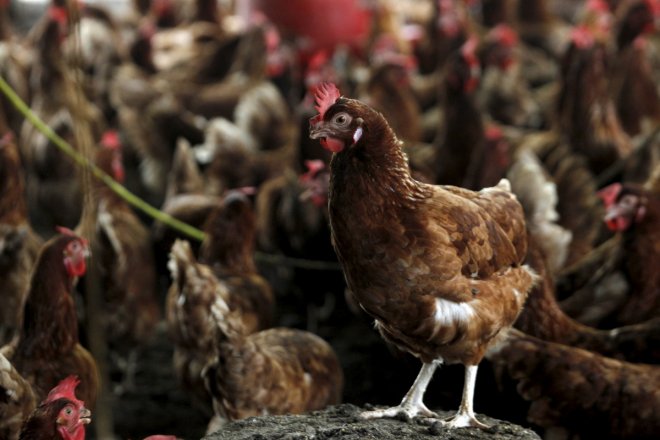
The ASEAN secretariat announced that it is through a partnership with the private sector, pharmaceutical manufacturers and cooperation from sectors other than health and agriculture, the organisation is looking forward to creating public awareness about Bird Flu.
It was also suggested that engaging the civil society is important because it requires the involvement of the grassroots communities to create effective containment measures to stop the spreading the disease.
However, the question arises, given this sudden outbreak, is the ASEAN community ready to address the avian influenza virus? Though ASEAN countries are tackling the problem individually, isn't there a need to address collaboratively?
Experts believe that countries can learn from their neighbours, who are already facing the issue, what to do in case of an outbreak.
The Philippine government announced that they are expected to cull at least 400,000 chickens and other fouls, suspected to carry the avian influenza virus. The Department of Health (DOH) also said that they are now monitoring 7 persons who seem to show symptoms of the disease.
While the source of the avian influenza virus outbreak in Northern Philippines is still unknown, reports have surfaced claiming that migratory birds from China have brought the disease. .The deadly virus was reported to have killed 37,000 fouls and chicken in the South Asian country.
The Philippine's Department of Health said that the bird flu transmission to human beings is through the respiratory route. People who are in contact with infected fowls have more chance of getting the disease.
Malaysia and Cambodia have also reported cases of bird flu. Malaysia has already culled more than 1,000 chickens and fouls in Northern Kelantan to check the spreading.
Fortunately, Singapore and Thailand have not reported any cases of this disease till now. However, both the counties have started preparing themselves for the worst case scenario and have adopted preventive measures like closely monitoring the entry of any contaminated foul. Moreover, Singapore's Agri Food and Veterinary Authority have already stepped up security by appointing personnel to monitor the behaviour of fouls and chickens.
Thailand's Health department, on the other hand, has also tightened its security in its border to prevent infected chickens and fouls to get into Thailand. But the less developed economic ASEAN countries, which have fewer budgets for public health, are extremely vulnerable to this deadly virus.
With this growing public health threat in the region, ASEAN nations should regularly exchange statuses on the outbreak and share expertises to prevent the virus from effecting ASEAN's 5-trillion dollar economy.








